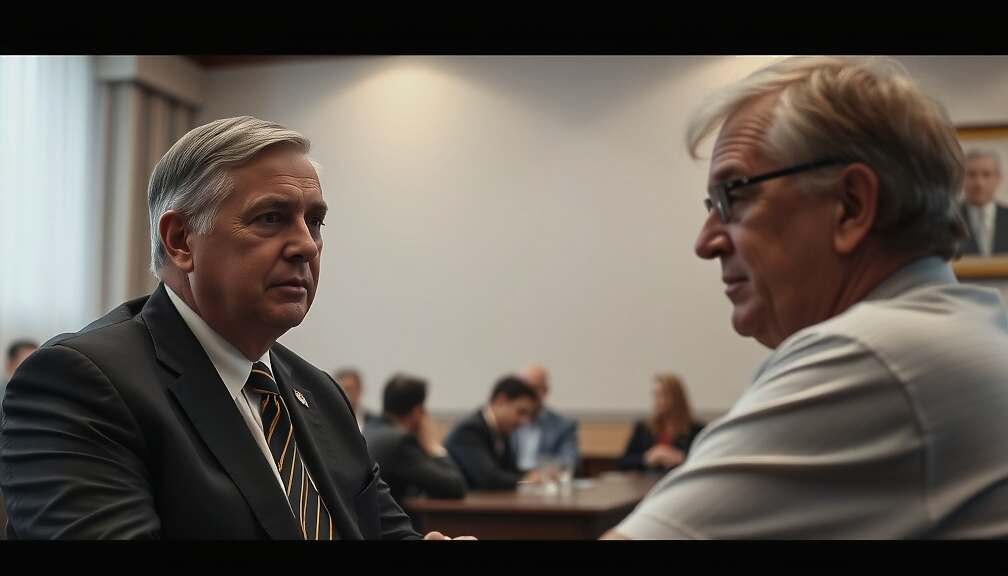The newly established Federal Ministry for Digital Affairs and Modernization in Germany is facing mounting criticism regarding its actual impact and perceived lack of innovative direction. Minister Karsten Wildberger, of the Christian Democratic Union (CDU), staunchly defended his approach in an interview with “Capital” magazine, drawing an analogy to a football team replacing its coach to evoke a sense of renewed spirit. However, the comparison does little to quell concerns that the ministry is largely replicating the functions of pre-existing departments.
The ministry, formed under the current black-red coalition government, consolidated units from five different ministries and the Chancellery. While lauded in principle as a move to centralize digital policy and accelerate modernization, the six months since its inception have yielded limited tangible results beyond the recently approved Modernization Agenda.
Bernd Schlömer, Digital State Secretary of Saxony-Anhalt and a representative of the Free Democratic Party (FDP), expressed a widespread sentiment amongst experts, stating that “it lacks dynamism and agility” and that “not much has happened”. This echoes a deeper skepticism about whether the restructuring has generated the transformative change initially promised.
Wildberger’s response to the criticism highlights a controversial aspect of his leadership style: his close involvement in the projects of his civil servants, including the development of planned administrative applications. He asserted his need to remain “closely engaged” and argued that ministerial oversight is essential to ensuring the development of viable solutions. While he acknowledges the need for a degree of operational independence, Wildberger insists that engagement is necessary to drive change – a position raising questions amongst some observers about potential bureaucratic bottlenecks and concerns regarding the balance between ministerial direction and expert agency.
The debate about the ministry’s effectiveness underscores the inherent challenges of large-scale governmental restructuring and the complex interplay between political ambition and practical implementation. Ultimately, the ministry’s long-term success will hinge on demonstrating a clear departure from established practices and delivering results that justify its creation and the resources invested.












